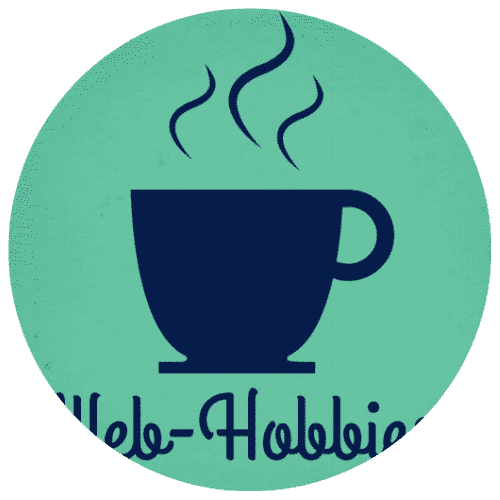
Keyword research is one of the most critical components of SEO. It’s how you identify the words and phrases that your audience is using to find the products or services that you offer.
However, with the growing amount of data available today, it can be challenging to sift through it all and find the most relevant keywords. That’s where AI-powered SEO tools come in handy.
In this post, Ie’ll dive even deeper into each of the AI-powered SEO tools and provide more examples and use cases for each one.
Top AI-Powered SEO Tools for Keyword Research
Let’s take a closer look at the top AI-powered SEO tools for keyword research:
1. FRASE – Your Content Optimization Companion
Frase is an AI-powered content optimization tool that can help you identify relevant keywords and phrases for your content. It uses AI to analyze your content and provides suggestions for optimizing your meta descriptions and page titles.
But that’s not all it does. Frase can also help you create content briefs that provide insights into the topics that your audience is interested in.
The tool uses machine learning algorithms to analyze search queries and identifies the most common questions that people ask about a particular topic.
For example, let’s say you run a pet food store, and you want to create content about the best dog food brands.
You could use Frase to generate a content brief that tells you what questions people are asking about dog food, such as “What are the best dog food brands for small dogs?” or “What are the healthiest dog food brands?”
With this information, you can create content that answers these questions and provides value to your audience. This, in turn, can help you rank higher in search results and drive more traffic to your site.
2. SURFER SEO – Your On-Page Optimization Partner
Surfer SEO is an AI-powered on-page optimization tool that offers a keyword research tool using AI to analyze your website content and provide you with relevant keywords.
But Surfer SEO doesn’t stop there. It also provides on-page optimization suggestions, such as improving your content’s structure and internal linking.
The tool uses a proprietary algorithm called “Content Editor” that analyzes top-performing pages in search results and provides you with recommendations for optimizing your content to rank higher.
For example, let’s say you run a travel blog, and you want to create a post about the best beaches in Hawaii.
You could use Surfer SEO to analyze the top-performing pages for that keyword and get insights into the structure of their content, the number of internal links, and the length of their posts.
With this information, you can optimize your content to match the best practices of top-performing pages and increase your chances of ranking higher in search results.
3. ALLI AI – Your Natural Language Processing Assistant
Alli AI is an AI-powered SEO tool that uses natural language processing to analyze your website content and provide you with relevant keywords.
But Alli AI can do much more than that. It also offers features such as keyword ranking tracking, competitor analysis, and content optimization suggestions.
For example, let’s say you run a fashion blog, and you want to write an article about the latest fashion trends. You could use Alli AI to analyze your competitors’ content and identify the topics and themes that are most relevant to your audience.
With this information, you can create content that aligns with your audience’s interests and provides value to them. You can also use Alli AI to track your keyword rankings and optimize your content to rank higher in search results.
4. DIIB – Your Website Health Checker
Diib is an AI-powered SEO tool that offers a keyword research tool using AI to identify relevant keywords for your website.
But that is not all that Diib can do. The tool also provides website analytics and a website health check, which can help you identify and fix any issues that may be affecting your site’s performance.
For example, let’s say you run an e-commerce store, and you’ve noticed that your website traffic has been declining. You could use Diib to analyze your website’s performance and identify any technical issues that may be causing the decline.
Diib’s website health check can identify issues such as broken links, missing alt tags, slow page load times, and more. Once you’ve identified these issues, you can work to fix them and improve your website’s performance.
While these tools can be incredibly helpful, it’s essential to do your own research and analysis to ensure you’re targeting the right keywords. AI-powered SEO tools are a great starting point, but they should not be the only tool in your SEO arsenal.
Here are some tips for using AI-powered SEO tools effectively:
- Use multiple tools: While each of these tools is powerful on its own, using multiple tools can provide you with a more comprehensive view of your keyword landscape.
- Don’t rely solely on AI: AI-powered SEO tools can provide valuable insights, but they are not perfect. It’s essential to use your own judgment and expertise when analyzing the data provided by these tools.
- Monitor your results: Regularly tracking your keyword rankings and website performance can help you identify any issues and make adjustments to your SEO strategy as needed.
Recap
In conclusion, AI-powered SEO tools can be a valuable asset in your SEO strategy, but they should not be the only tool you use.
By combining the insights provided by these tools with your own expertise and judgment, you can create a more effective SEO strategy and drive more traffic to your website.
